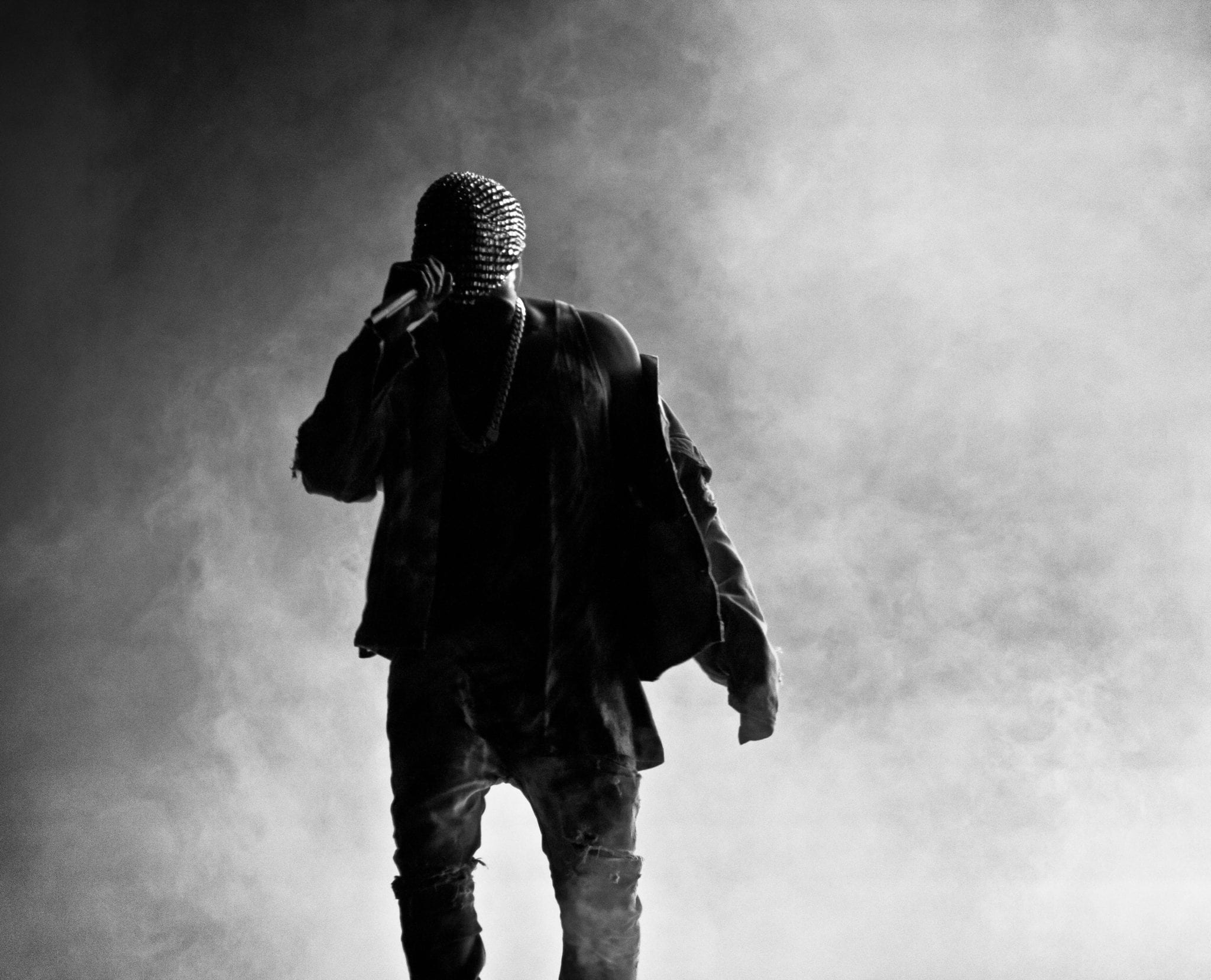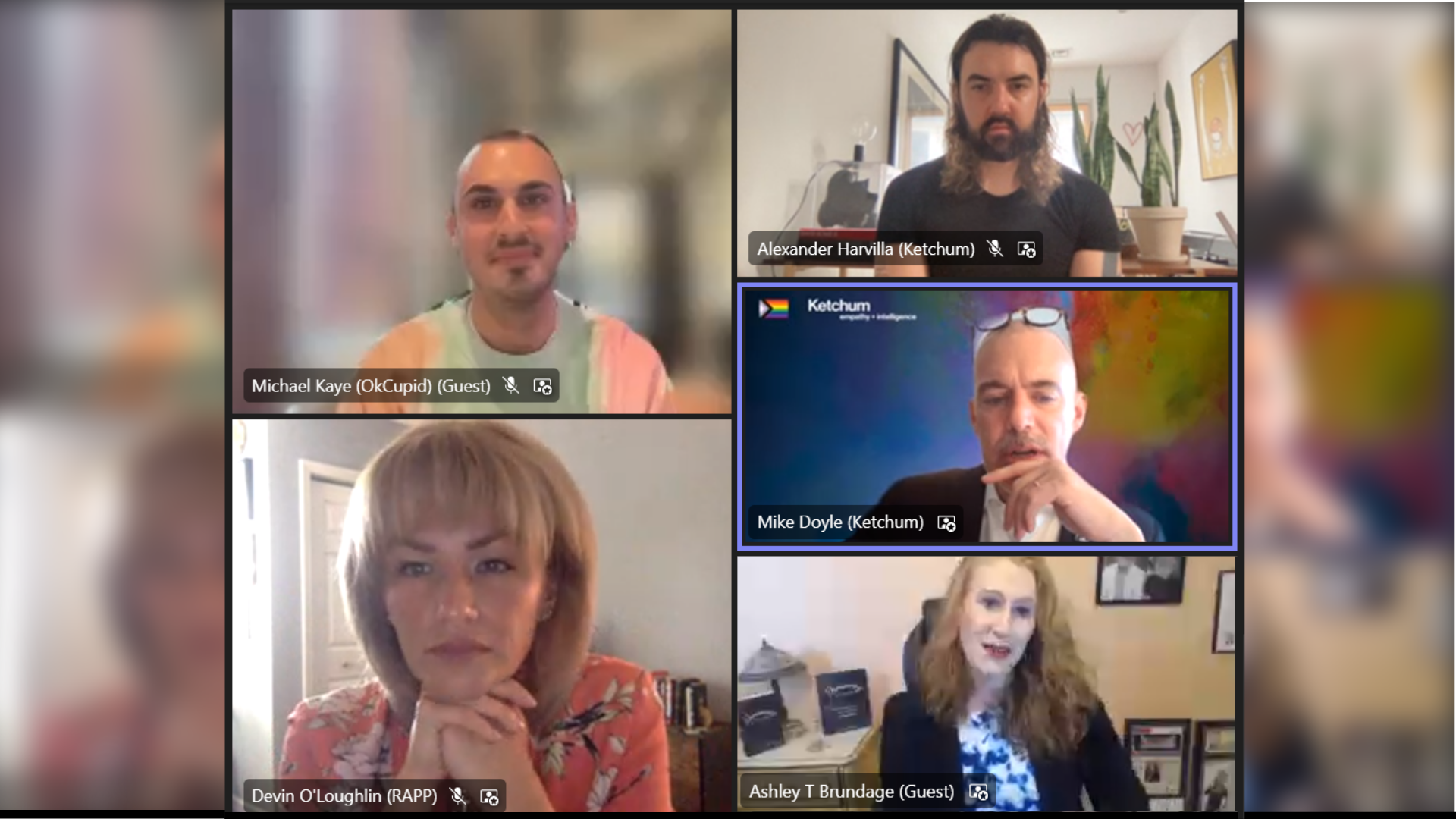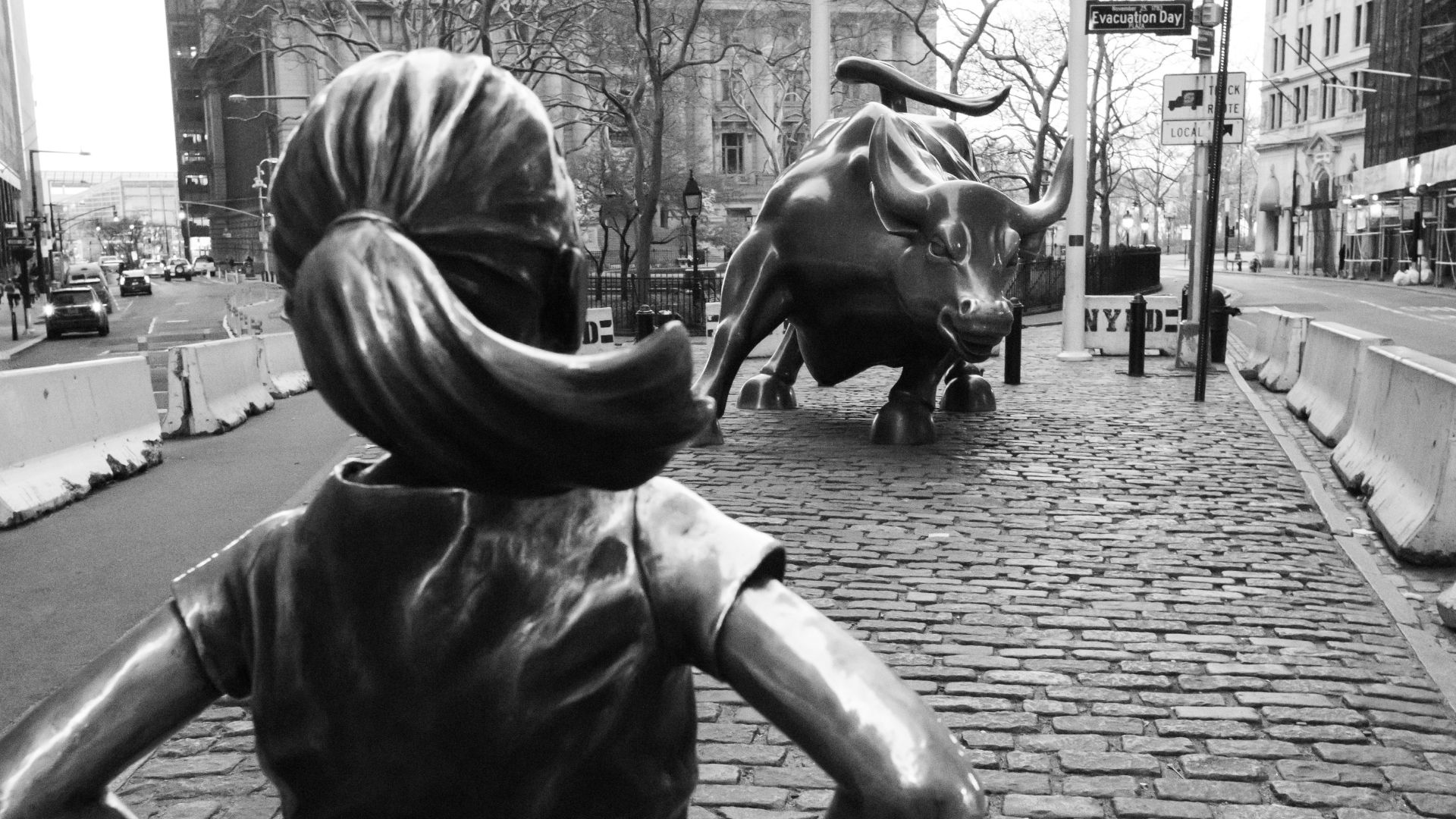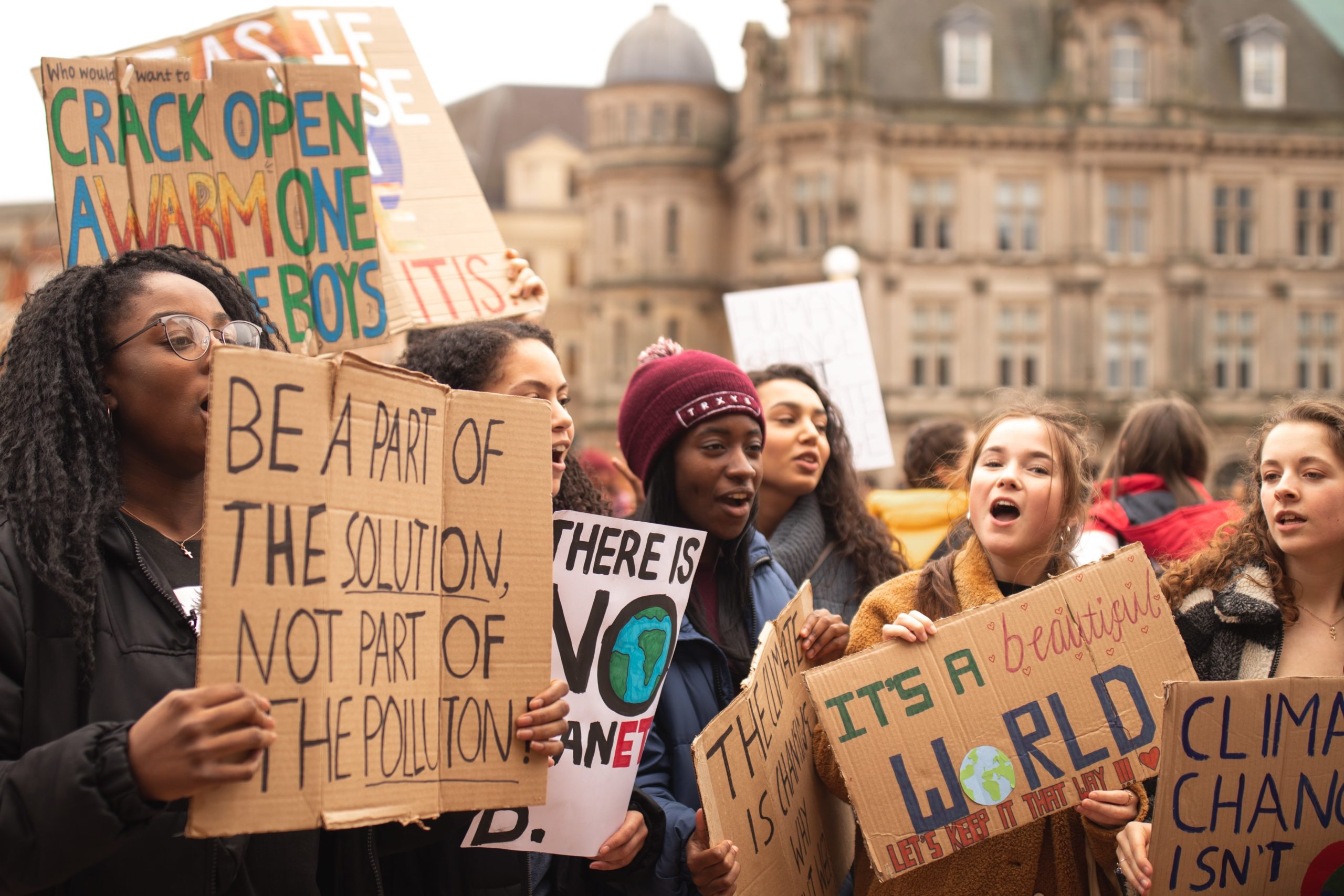“We are culture. Nothing moves without us.” – JAY-Z
In 2009, fashion photographer Tommy Ton posted a pic of Kanye West and his crew on his blog during Paris Fashion Week. You may not remember that pic. But, you may remember the infamous South Park episode it led to. No one pictured was technically supposed to be there, except Kanye. They all still pulled up anyway. Because they believed they belonged there. In 2019, Tommy reposted that pic on Instagram, and the Internet went nuts. We’ll get back to that.

Critics have long questioned Hip-Hop’s place—as a genre, in society, and as an art form. But, Hip-Hop has always pushed forward. Last week, Childish Gambino’s “This is America” won both Record and Song of the Year at an awards show that has historically downplayed the culture, failed to highlight Hip-Hop, and honor the genre’s top artists. This was the first time Hip-Hop won those honors, and there was a deliberate effort to showcase Hip-Hop, which is not surprising. It’s also notable that the Roc Nation Brunch, an annual celebration of Black Excellence hosted by JAY-Z and Beyoncé during Black History Month, is arguably a more envied experience and opportunity for brands to connect with those who actually influence culture than the show itself.
Today, Hip-Hop is everywhere, but is far too often not credited for its countless contributions to culture. The most popular video games are biting the culture. The slang we’ve been using for years gets culturally appropriated and miscommunicated. It’s understandable that Hip-Hop has been universally embraced by consumers and brands, as the culture has been driving pop culture. But, collaborating with Hip-Hop is a strategy within a multicultural plan. It’s important to consult the culture first to understand it, before trying to engage with it—as all brands must do, but many don’t. And, before you say, “that’s not an option for us” your brand should reconsider. With national spending power projected to eclipse $16T by 2021, the fastest growth will be among minorities, with African-Americans accounting for $1.3T. And it’s not just minorities rocking with Hip-Hop—it’s now woven into the fabric of America, from the streets to the suburbs.
I am Sri Lankan. I am American. I am Hip-Hop. I’ve led some of the top African-American marketing campaigns over the last 10+ years. When I say I’m multicultural, I’m multicultural multicultural. As a multicultural marketer, my job is two-fold:
1. Protect the culture from the culture vultures.
2. Increase cultural relevancy for brands by ensuring that they respect the culture.
Understanding that Hip-Hop is a lifestyle, culture and community, and not just a music genre, is a key first step. So, when we say we do this for the culture that’s not just a catch phrase. That’s the code we live by. And that’s a code brands should know off top and respect if they want to connect with, and benefit from, the culture. Hip-Hop is multi-generational—it’s not just the cool thing kids are doing these days. When you hear talk about trends, we are the trendsetters. In PR, we hear so much about influencers. So, let’s talk about real influence. Here are just five ways Hip-Hop has influenced pop culture, and reinvented the game:
1. Business: “I made Forbes list… everything‘s looking gorgeous.” – Drake
JAY-Z went from not being able to get a record deal in ’96, to the #5 spot on the Forbes America’s Richest Celebrities list, and is on his way to becoming a billionaire with a $900MM net worth. In ’97, Puff said, “10 years from now, we’ll still be on top / Yo, I thought I told you that we won’t stop?” Today, he’s worth $820MM. The bulk of both of their wealth came from the brand equity they built through business ventures and investments, not from record sales.
2. Issues: “The pants-sagger put plans in action.” – Nas
Hip-Hop helped get President Obama elected, and he and the First Lady embraced it, even amidst faux outrage. The Hip-Hop community backed Colin Kaepernick’s protest against police brutality and the NFL. Last week, Kap won a settlement in his collusion lawsuit. Facing fines and fan fallout, Black WNBA players led teams taking the court in t-shirts, and kneeling to protest police brutality. Meek Mill, who opened the NBA All-Star Game on Sunday, has used his unfortunate situation to rise as the voice for prison reform, teaming up with JAY-Z, Van Jones and others to create the REFORM Alliance. 21 Savage’s recent case has made him a face of immigration reform.
3. Education: “I guarantee I will spark the brain that will change the world.” – 2Pac
Educators are using Hip-Hop to reach students. Bun B of UGK leads a course on Hip-Hop Culture and Religion at Rice University. Georgetown offered a sociology course based on JAY-Z’s lyrics, with him as a guest speaker. Harvard University, the University of California – Berkeley and the University of Washington have offered literature courses studying Tupac Shakur’s lyrics. Last year, Kendrick Lamar’s album won the Pulitzer Prize, making him the first non-classical or jazz musician to receive the honor since the awards started including music as a category in 1943, continuing to highlight the power of Hip-Hop lyrics.
4. Fashion: “Nobody had swag man, we the Rat Pack.” – Kanye West
Dapper Dan is one of the most game-changing fashion designers ever. Not surprising since he is from the capital of culture, Harlem. Gucci was not a fan of his when he was forced to close his famous Harlem clothing boutique in ’92. 25 years later, Gucci partnered with him, and he has been vocal in holding the brand accountable for its recent controversy. From Pyer Moss to PRSVR, Black-owned luxury streetwear brands are emerging and thriving. Athletic wear powerhouses have begun to take notice, partnering with brands like Oyster Holdings and Fashion Geek in cultural city centers like Chicago, for exclusive releases.
5. Entertainment: “Industry’s shady, it needs to be taken over.” – JAY-Z
Many laughed when Kanye declared: “We culture. Rap is the new rock & roll. We the rock stars.” Then, just four years later, Hip-Hop became the most dominant music genre in America, dethroning rock & roll for the first time, and fueling the music industry’s multi-billion dollar streaming machine in the process. The Super Bowl halftime show is arguably as big as the game. This year, the performer selection was tone deaf, given that Atlanta is a Black music mecca. By contrast, the NBA had North Carolina’s own J. Cole perform at halftime of the All-Star Game in Charlotte on Sunday, and his performance was universally applauded. Atlanta has long been known as the Black entertainment capital, but it’s now officially Black Hollywood, with Tyler Perry Studios setting up shop, and Marvel recently filming on location.
Back to the photo. These guys, who came and crashed the party, are now some of the most influential people in music, fashion and pop culture. Ten years later, Kanye has a lucrative deal with Adidas—his Yeezy brand was named one of the top 10 brands in fashion. Don C’s influence was known well before Just Don collaborated with Converse, Jordan, Levi’s, Mitchell & Ness, Nike, Timberland, and Wendy’s, among others, for exclusive collections. Virgil Abloh’s Off White was named the #1 hottest fashion brand of Q3 2018, and has dropped some of the most anticipated sneaker collaborations in recent years. In 2018, he was named head Men’s Artistic Director for Louis Vuitton—making him the first African-American to lead the world’s top fashion house. Hip-Hop has, and continues to be, an underdog story of Black History in the making. While many laughed at Kanye and his crew in 2009, ten years later, it’s funny to see who got the last laugh.


